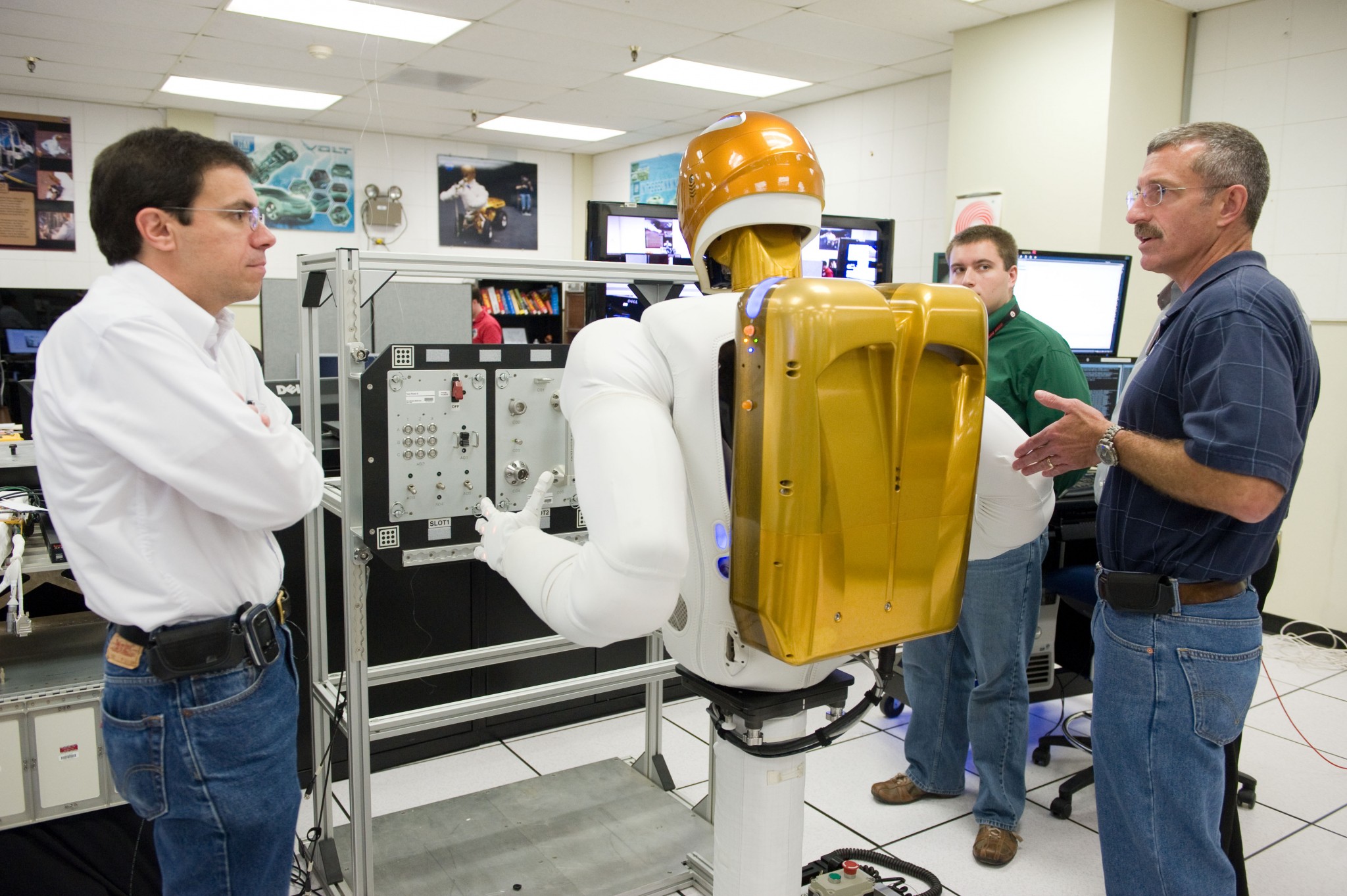 As of right now, being diagnosed with a critical spinal cord injury likely means a lifetime of immobility. But thanks to some groundbreaking research, that outcome may soon greatly improve.
As of right now, being diagnosed with a critical spinal cord injury likely means a lifetime of immobility. But thanks to some groundbreaking research, that outcome may soon greatly improve.
A novel case study published last week in the Journal of Neuroengineering and Rehabilitation reported that a paralyzed, 26-year-old man, with no motor function in his lower extremities, was able to walk again with some technical assistance.
The original testing was done at the University of California, Los Angeles, and was so extensive that it required scientific input from the departments of Neurology, Biomedical Engineering, Physical Therapy and Electrical Engineering/Computer Science.
Over a 19-week period, Adam Fritz, who had been paralyzed for more than six years, was able to perform "30 real-time BCI-FES controlled overground walking tests," with the help of a non-invasive mechanism. BCI stands for brain control interface and FES is shorthand for functional electrical stimulation. It was not clear how far Fritz walked each walk time.
Fritz has a spinal cord injury (SCI), which severed the neural signals between the brain and the lower part of his body. The BCI links neuronal signals to other parts of the body, in this case Fritz's lower extremities. Meanwhile the FES, linked to the BCI, is attached to the legs. Once the system is engaged, Fritz was able to walk again for the first time in years.
In order to accomplish this, however, he had to undergo extensive virtual reality training, to ensure he was conceptually prepared to start walking. Fritz was also in good physical condition, having exercised four times a week.
"Future studies will focus on testing the function of this system in a population of individuals with SCI," said lead researcher Christine E. King, from UCLA's Department of Neurology. "If successfully tested in a larger population, this system may represent a precursor to invasive BCI systems for overground walking."
As compared to the bulky device which is required to be worn, the researchers report that they hope one day to produce a "fully implantable BCI system" that can be inserted into paralyzed men and women.
For more details about this study, click here.


